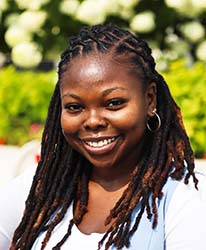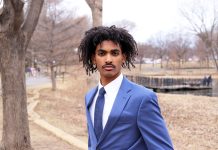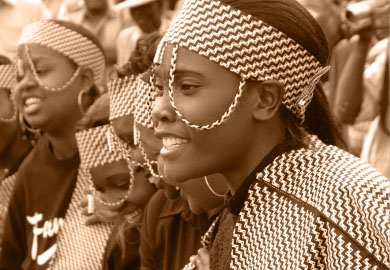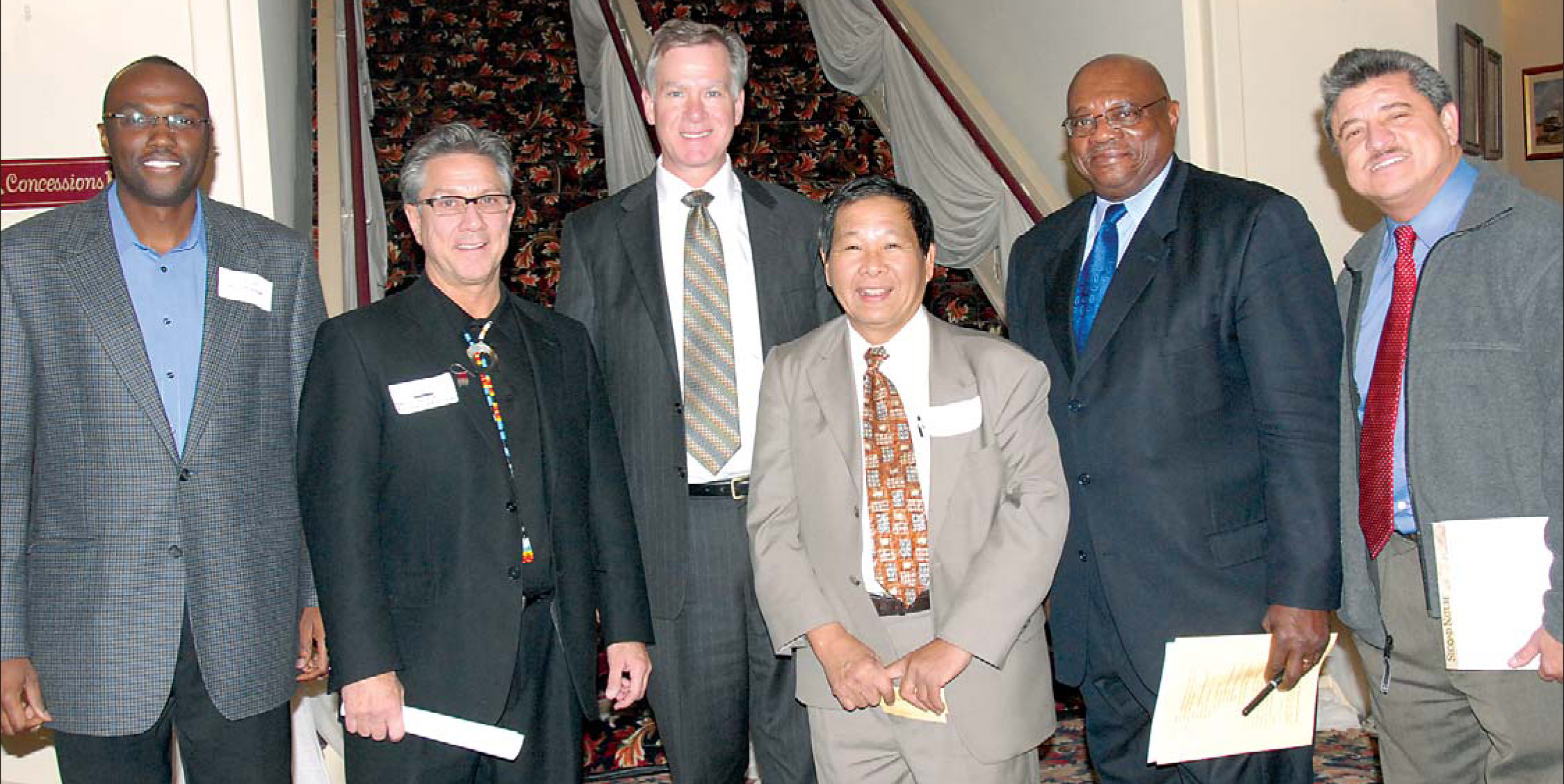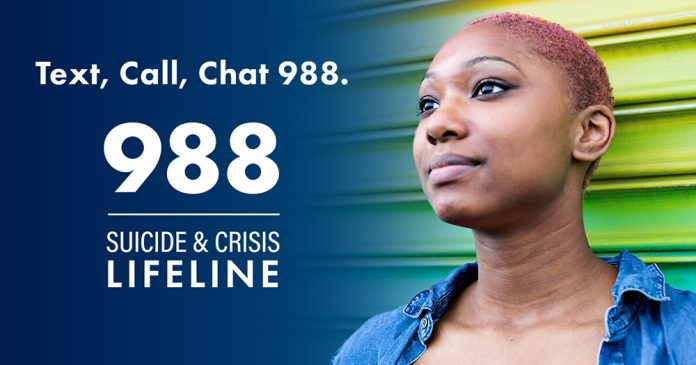

Mental health experts have urged members of the African immigrant community to break the silence about trauma, substance abuse, and mental illness if they want to curb rising cases of suicide.
The experts were speaking at the Mental Health Forum, a convention of community and religious leaders, and mental health practitioners held recently in Brooklyn Park by the ladies’ ministry of the Kenyan Christian Outreach Church.
Dr. Kathleen Heaney, an addiction psychiatrist at Hennepin County Medical Center (HCMC), addressed the weight of suicide in community.
“People who know someone that has died by suicide are called suicide survivors,” she said. “We are suicide survivors,” she told attendees.
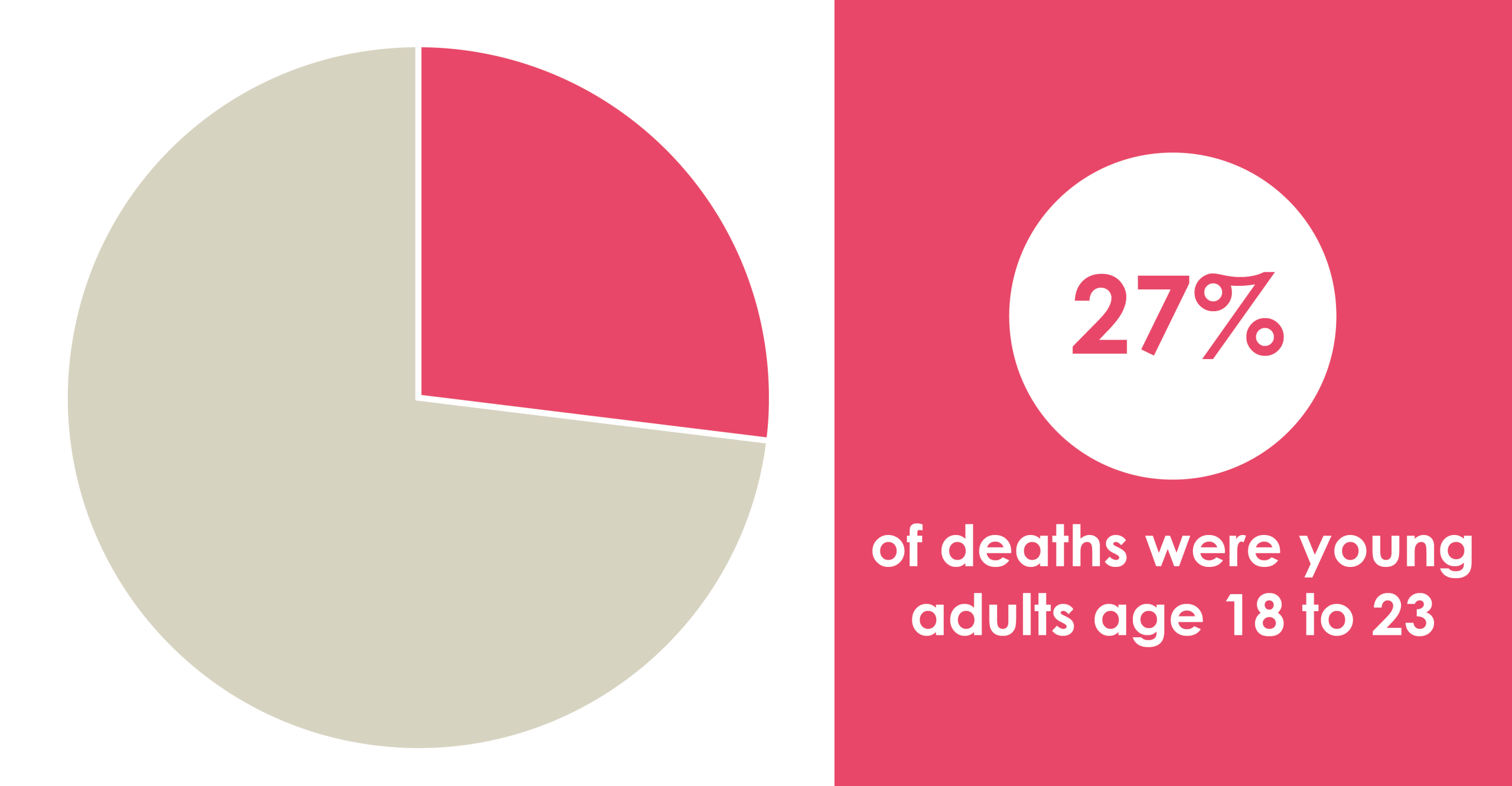
Minnesota’s African immigrant has been grappling with high cases of suicide. Between January 2020 and December 2024, there were 45 suicides by individuals identifying as being of African ethnicity, according to an analysis of the state’s death certificate data. The data analysis was part of a larger study of the African immigrant community exclusively conducted for Mshale by Minnesota Compass, a project of St. Paul-based Wilder Research, and was funded by a grant from Press Forward Minnesota. Among its findings was that more than a quarter of the deaths (27%) were of young adults age 18 to 23, and that 64% of the 45 were never married.
Still, health care professionals and advocates say the numbers are likely underreported because of the stigma mental health and suicide carry in some communities. Heaney, the HCMC psychiatrist, said that families often blame themselves when a loved one dies by suicide, but that responsibility should not be placed on those left behind.

“It’s not our fault,” she said. “We all feel that we should have prevented it. We feel that we should have seen it coming.”
Her presentation transitioned into the dangers of addiction, especially as younger people shift from alcohol toward marijuana and vaping. What many families didn’t realize, she said, was how the landscape drastically changes.
“The potency of THC is pushing 80 to 90%,” Heaney said. “We have young people using this during the time when their brain is developing and it changes the brain.”
She also addressed the rise in fentanyl, calling it “highly, highly addictive” and deadly, even as young people are becoming more health conscious about alcohol.
For Maina Ngunyi, who has spent 24 years working with Ramsey County, addressing mental health in African immigrant families starts with self-reflection. Many parents, he said, tried to raise children the way they were raised, even though the environment and culture were different.
“My father was born in 1911,” he said. “My father parented me the way he was parented, but we are raising our children in a totally different environment and living in very different times.”
Ngunyi urged parents to examine how they communicate with to their children as it might be contributing to their children’s emotional struggles.
“We might talk about people’s mental health, our kids’ mental health, but maybe we are the cause of it,” he said.
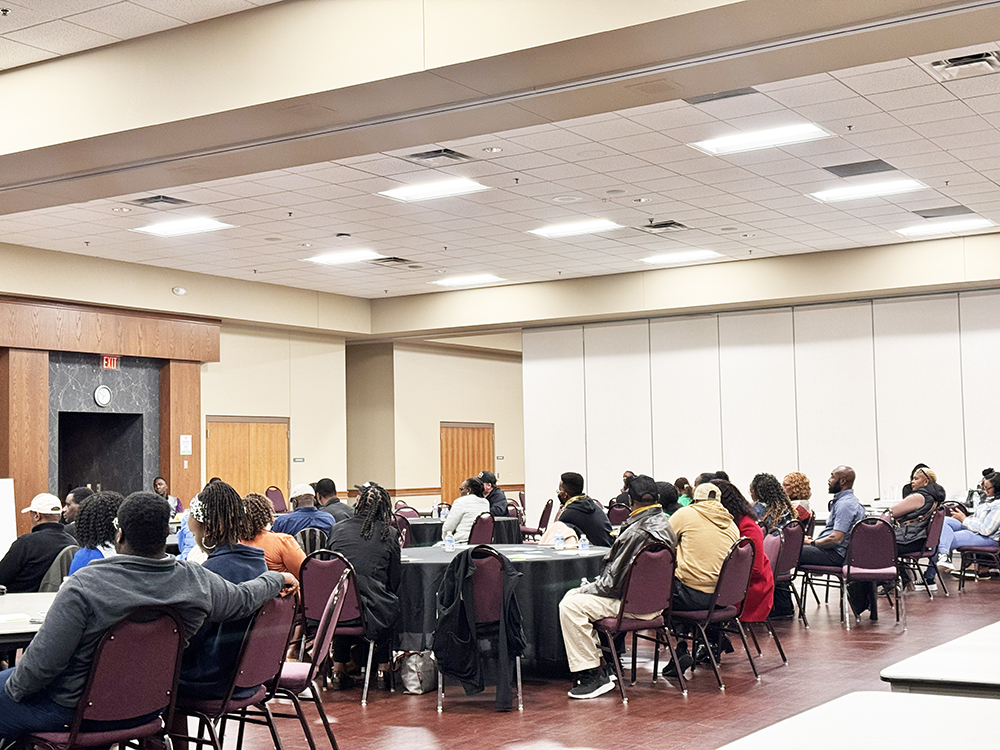
He informed families that there were many mental health support resources available and encouraged them to use them first before involving law enforcement.
“Counties usually have a crisis line for kids,” Ngunyi said. “You don’t have to call the police all the time.”
Dr. Ngozi Wamuo, also a psychiatrist, spoke about the importance of addressing mental health holistically.
“For us African immigrants, we are very highly spiritual people,” Wamuo said. “We are made of body, soul, and spirit. Our spiritual lifestyle helps in helping us manage these conditions.”
Wamuo stressed that “mental illness is a medical condition. When we keep it to ourselves, that is when we run the risk of people not getting the help, and the negative consequences of losing our loved ones.”
Zadok Nampala, an independent licensed clinician, focused on identifying warning signs early, especially for men and young women who often suffer in silence.
“When somebody starts isolating and just really not being with everybody else, that is a sign that something is going on,” Nampala said.
Loneliness and lack of social support have become issues of growing concern in the United States, according to the Centers for Disease Control and Prevention (CDC). In 2024, the agency released the “Health Effects of Social Isolation and Loneliness” report, which revealed that about a third of adults in the country reported feeling lonely, while 25% of adults said they did not have the social or emotional support they needed. CDC warns that limited social connection can result in risk factors leading to depression, anxiety, and earlier death. Among the risks, it may impact some groups such as young people, immigrants and adults living alone.
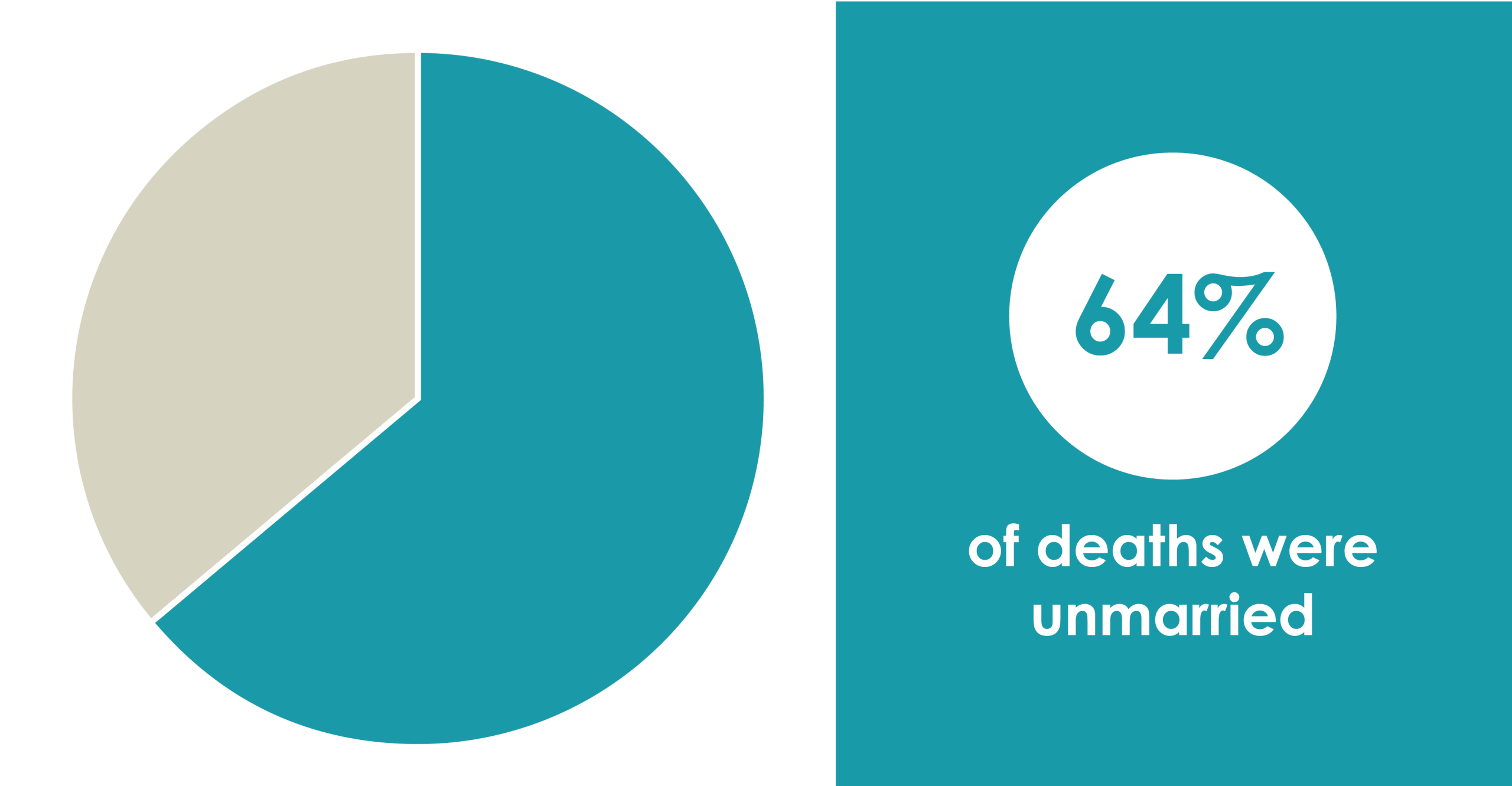
In the African immigrant community, where stigma still runs deep, the Mental Health Forum served as both educational and an opportunity to heal, understand, and speak honestly about the pain many carry quietly. One young attendee, Cyrus Warigi, said the forum gave him perspective on the mental health struggles his Gen Z peers face.
“Everybody goes through different struggles,” he said. “Having this helps a lot.”
About Lizzy Nyoike - Mshale Contributing Reporter
Lizzy Nyoike is a Hubbard School of Journalism & Mass Communication student.

